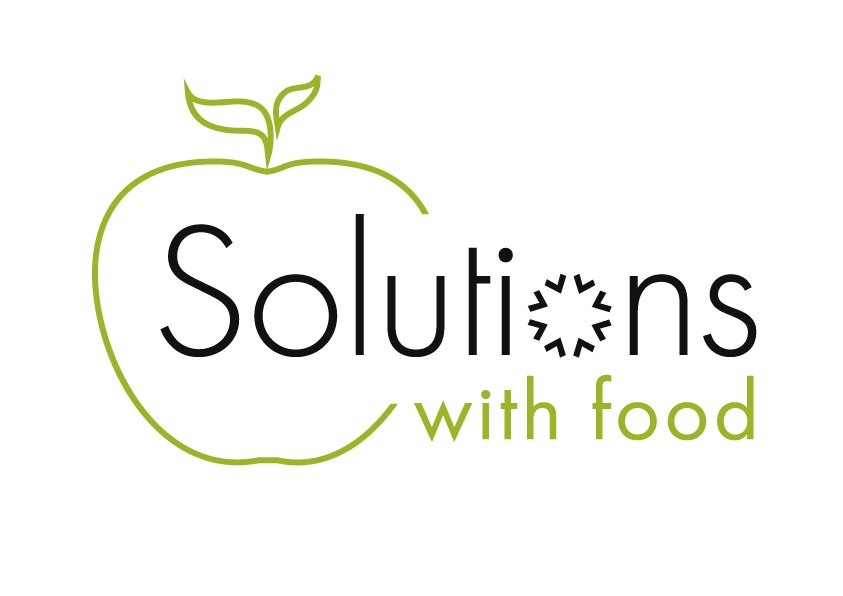It’s Getting Cold
Winter is the perfect time to enjoy warm comforting soup. With many varieties on the supermarket shelf – from instant soups to have as a snack, microwave bowls for lunch and cans of chunky, smooth, home-style or even Asian-inspired, what exactly should you be watching out for when making your soup choice.
Serving Size
A standard serving size for a prepared soup is around 250-300g (approximately 1 – 1 ¼ cups), yet microwave bowls can be as high as 430g (approximately 1 ¾ cups) while cans are double to recommended serving size at 500g or 2 cups. This size is a great option for dinner but if you enjoy a smaller serve, enjoy with a multigrain roll.
Energy
Prepared soups are generally low in kilojoules, particularly vegetable and legume based varieties. Higher kilojoules in soup come from added fats e.g creamy varieties, chunky meats, carbohydrates e.g pasta, potato or corn and added thickeners. It’s best to look for soups with around 500-600 kilojoules per serve,
if you would like to add a bread roll or toast. This is a great option for lunch. If you like chunky or meaty soups, especially for dinner look for soups around 1100 – 1200 kilojoules per serve and serve with 1 slice of bread or toast. If you would like a soup for a snack, then remember to choose one that has less than 600 kilojoules per serve and no added bread.
Sodium
Many soups on the supermarket shelve are high in sodium, as salt is used as a preservative and to add flavour. Choose soups with a sodium content 120mg per 100grams and avoid anything over 600mg per 100 grams. Look for varieties that offer reduced salt option or use herbs and spices for added flavour.
Added Vegetables
Soups are a great way to get some more veggies into your day as well as boosting the flavour. Consider adding fresh or frozen vegetables to pre-prepared or manufactured soup to boost their nutrient content.
Total Fats
Soups tend to be low if fat, unless you choose cream based or meaty style soups. Look at the food labels for fat levels less than 3g per 100g or 97% fat free. If you are preparing your owns soups at home or making up a condensed soup from a can, use skim milk, light evaporated milk or natural yoghurt to make it creamy but without adding fat and kilojoules.
Tell us about your dieting experience in the comments, or book an appointment with us today and let's discuss your goals!
Solutions With Food

